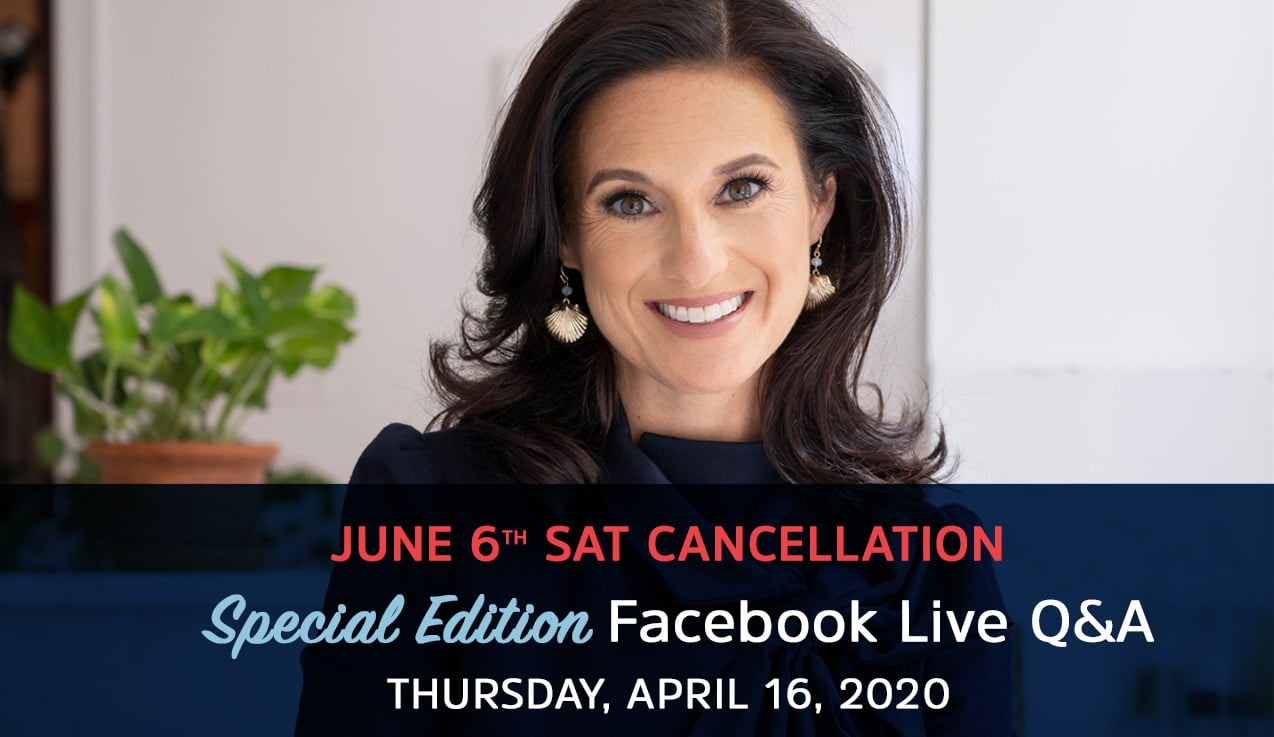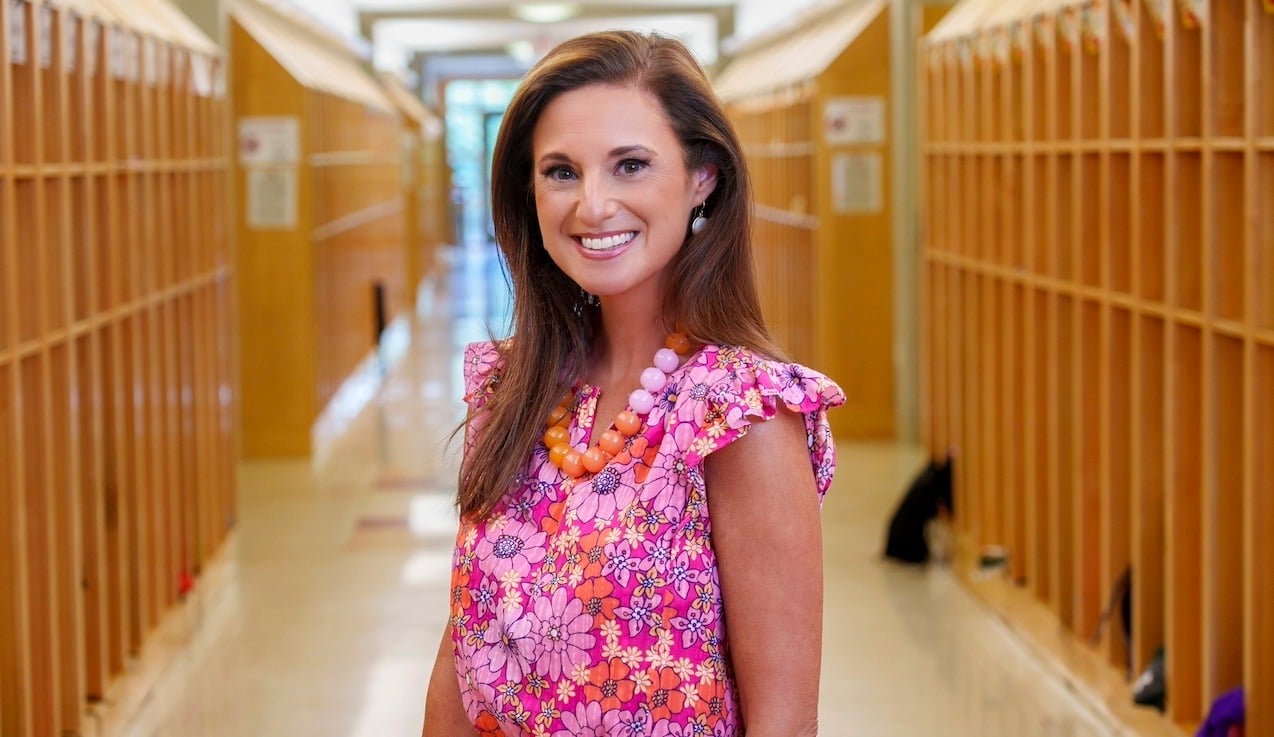The gap year option has been around for decades. In the past, only a very small percentage of students postponed the start of college in order to do something special in the year following their high school graduation.
Everything from traveling through Europe with best friends, to getting a job for the year, to volunteering in a remote part of the world, the gap year provides students with an intentional break from school before beginning their freshman year of college. While some students consider this in a normal year, very few actually follow through.
It's still unclear how many high school seniors will actually make a formal request for a gap year this year, but the possibility of online classes or delayed starts due to COVID-19 for the fall semester are making more of them question whether the gap year option is for them.
On a daily basis, I get tons of questions from high school seniors asking about whether they should take a gap year, and just as many questions from high school juniors wondering if it's going to be harder for them to get admitted this coming year as a result.
Here is what you need to know about requesting and doing a gap year:
- High school seniors must submit their enrollment deposit in order to formally request a gap year.
- Gap year requests are submitted to the Admissions Office usually by May 1 or June 1 through email or the admissions portal.
- Students must submit a plan of what they hope to do during the gap year.
- Contact the college where you plan to enroll to find out the exact deadline for the request and what should be included in the plan.
- If approved, the student's spot is typically saved for one year which means they would start college a year after graduating from high school.
- Check with the college's Admissions and Financial Aid Offices to confirm that any merit scholarships, honors program selection, or need based aid will be available for the student the following year.
But this year is different. Many colleges we reached out to were not prepared or chose not to share how COVID-19 will impact how they evaluate a student's plan and how many requests they will grant.
Even if the colleges don't have a plan yet, here is what you need to consider:
- If a student is concerned with the fact that part of their freshman year of college will be done online due to COVID-19, they must also consider the fact that most gap year programs and opportunities will not take place or will be done online as well.
- With so much uncertainty, colleges may not be willing to approve a plan that doesn't look possible.
- If COVID-19 throws a wrench in a student's gap year plan, they should make sure they have a back-up plan in case it falls through.
- Students need to determine whether they would prefer to just start their freshman year online or possibly do nothing at all.
- Most colleges will either not permit a student to take for-credit classes from another college/institution or they will limit it tremendously during the gap year.
And for all of those juniors who are worried about how this will impact their admissions process, consider this.
- All colleges worry about their yield rate every year, but this year the concern is palpable.
- Some highly selective colleges started admitting students off the waitlist much earlier this year than ever before. If colleges start using their waitlists weeks before their enrollment deadline, it means that enrollment deposits are tracking well behind previous years.
- Most colleges cannot afford to grant an unlimited number of gap year requests this year as under-enrollment would put the entire college in financial jeopardy.
- As much as many high school seniors may be considering a gap year, I believe most of them will decide not to delay college in the end.
RELATED READING: The Class of 2021 Will Make History with a New College Admissions Process Due to COVID-19
The truth is that not all colleges are ready to face this next curveball. And many colleges are afraid to announce plans because they worry it could impact their enrollment even further. Georgia Tech is one of the only colleges which shared that no COVID-19 gap year requests would be considered at all this year. While it is tough to swallow for some students, at least Georgia Tech is being transparent. As always, I hope other colleges will be transparent as well.












